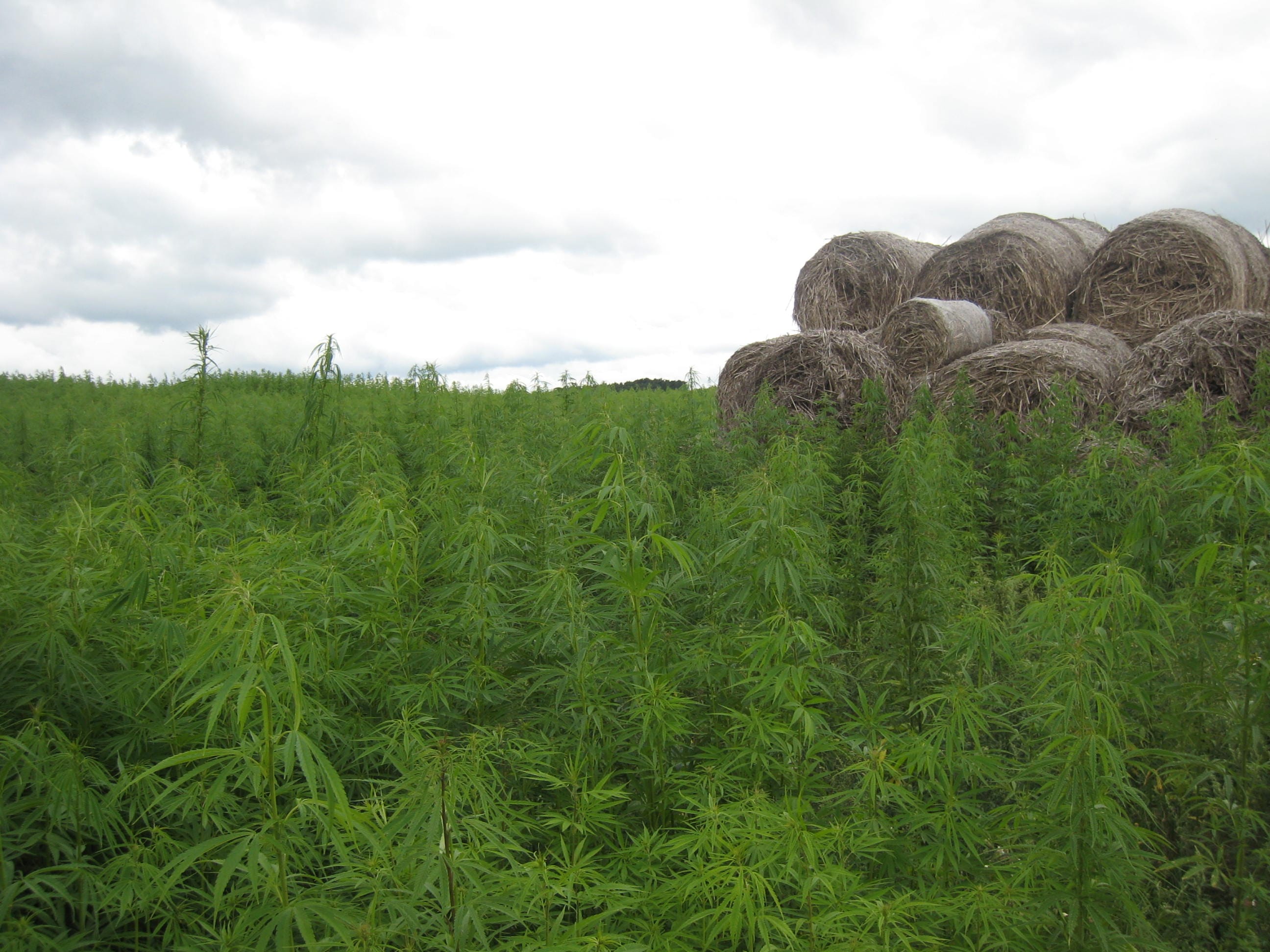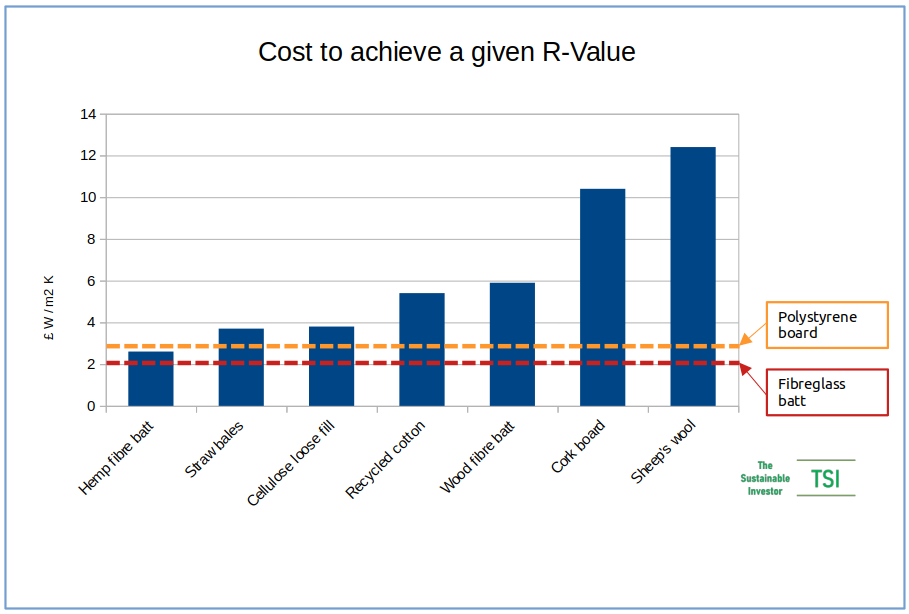
Hemp as a transition material?
Regular readers will know that we see the built environment as one of the key areas to focus on for transitioning to a more sustainable world. It is an integral part of societal existence and a major resource consumption problem (40% of global raw materials) and decarbonisation problem (as much as 40% of energy-related GHG emissions) that needs investor, government, business and consumer attention.
The materials that we choose to construct buildings with can address emissions in two ways. Firstly by reducing the amount of carbon emitted during the creation of those materials and secondly reducing operational carbon or the emissions produced from running the building - this is principally via their thermal properties in regulating temperature once installed (reducing additional heating or cooling requirements). This also reduces running costs.
We have written about alternative construction materials and in particular natural ones in the past. Timber / Wood is one such example 👉🏾 https://www.thesustainableinvestor.org.uk/quick-insight-swedens-wooden-city/
We have also previously looked at how natural materials compare as thermal insulators - spoiler alert: they compare very favourably 👉🏾 https://www.thesustainableinvestor.org.uk/perspective-how-do-natures-insulation-materials-compare/
One of the materials we looked at was the subject of a recent article in The Conversation - Hemp. The author, Bernardino D'Amico from Edinburgh Napier University highlights the vital role that hemp can play. As a fast-growing plant (four metres within four months), hemp absorbs CO2 from the atmosphere more efficiently than trees during cultivation. Industrial hemp can absorb twice as much CO₂ compared to trees, with approximately one hectare of hemp estimated to sequester between eight and 22 tonnes of CO₂ in a year.
When used for long-lasting building materials like insulation or hemp-lime blocks as concrete alternatives, the absorbed carbon gets stored for an extended period, delaying its re-release into the atmosphere. D'Amico's own research into thermal insulation estimates that polyisocyanurate (a common synthetic insulating material) embodies approximately 45% more than a hemp insulation panel that transfers heat at the same rate. And it is reasonably cost effective from a thermal perspective as our own research from last year shows👇🏾

After a decline due to the rise of cotton and synthetic materials, hemp production is resurging, driven by modern processing capabilities that enable hemp to compete with polymers across applications, including construction.
Furthermore, hemp farming improves soil health, requires less water than crops like cotton, and is naturally resistant to pests, minimising pesticide use.
What we found most interesting about the article though was the point about hemp as a transition material. D'Amico doesn't profess hemp to be a permanent solution, but rather as something that buys time for developing other mitigation strategies.
This is an important aspect of sustainability thinking. Too often one hears discussion of the end point without understanding the route to get there. Transition is a series of steps. Nature, the environment and society will not wait for us to reach the end point. We need to understand what can help to begin the reductions now - to buy us time.
This article featured in What Caught Our Eye, a weekly email featuring stories we found particularly interesting during the week and why. We also give our lateral thought on each one. What Caught our Eye is available to read in full by members.
If you are not a member yet, you can read What Caught Our Eye when it comes out direct in your email inbox plus all of our blogs in full...

Click this link to register 👉🏾 https://www.thesustainableinvestor.org.uk/register/

Please read: important legal stuff.

